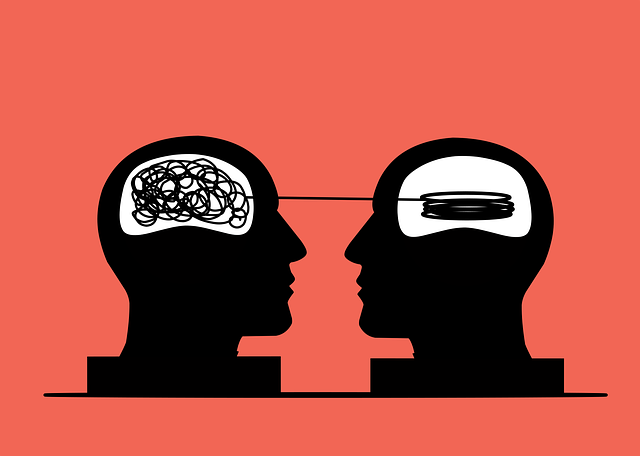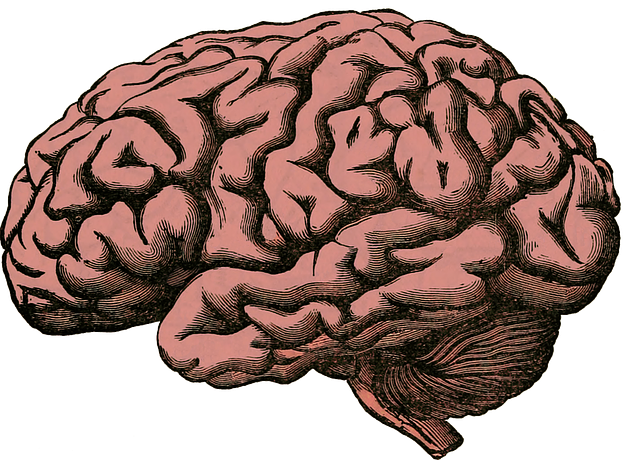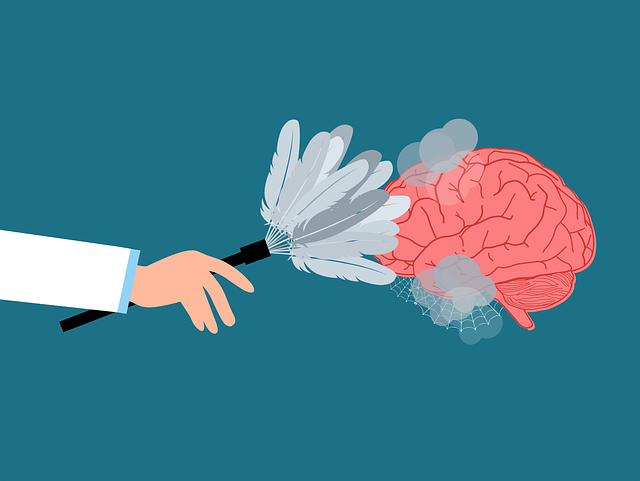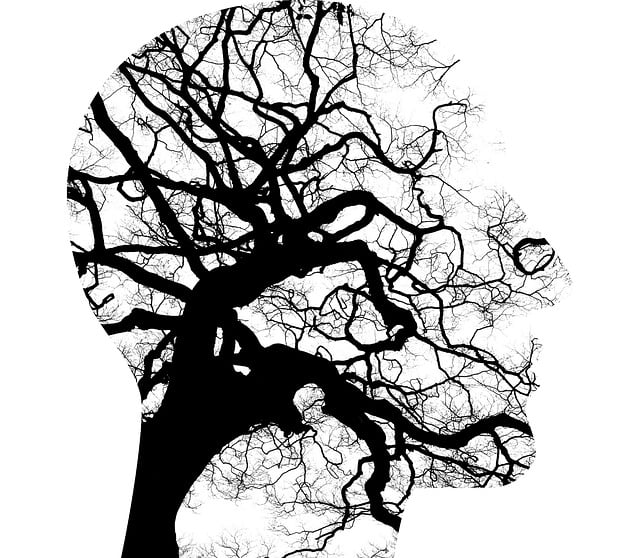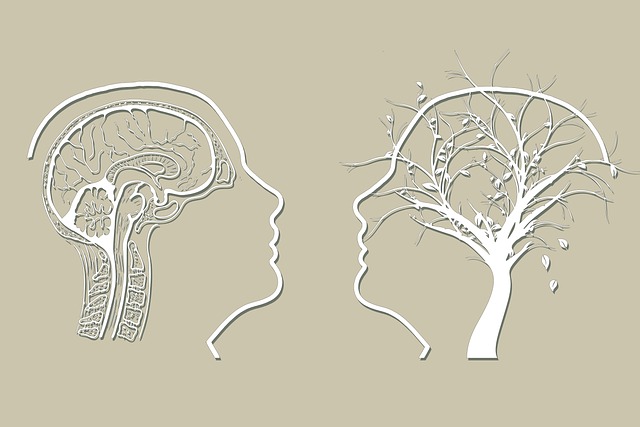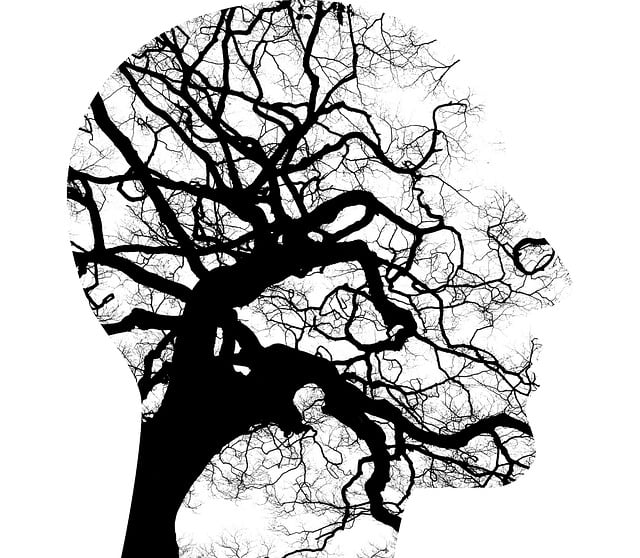Elderly first responders face unique mental health challenges, including heightened risks of anxiety, depression, and PTSD due to their stressful work and traumatic experiences. Effective therapy tailored to their needs, such as cognitive-behavioral therapy (CBT) and emotional intelligence training, is crucial for managing mood, reducing stress, and enhancing resilience. Prioritizing accessible, stigma-free mental health services and advocating for improved policies can support these heroes' recovery and ensure the longevity of their effective crisis response in the community.
Mental illness among elderly first responders is a pressing issue often overlooked amidst their tireless service. This article delves into the unique challenges these individuals face, exploring the prevalence of mental health disorders, distinct stressors, and the pervasive stigma that discourages help-seeking behaviors.
We guide readers through the navigation process of diagnosis and treatment, highlighting early signs, professional assessment, and tailored therapies like cognitive-behavioral therapy and mindfulness practices. Additionally, we emphasize cultural sensitivity in treatment plans and provide insights into building robust support systems through family, community, and peer groups. Discover resources for specialized mental health services tailored to first responders and learn essential self-care strategies for long-term well-being.
- Understanding Mental Health Challenges in Elderly First Responders
- – Prevalence of mental illness among elderly first responders
- – Unique stressors and potential triggers
Understanding Mental Health Challenges in Elderly First Responders

Mental health challenges among elderly first responders are often overlooked but significantly impact their overall well-being and ability to serve. These individuals, who have dedicated their lives to helping others, may face unique stressors and trauma that can lead to various mental health disorders such as depression, anxiety, and PTSD. As they age, these conditions can exacerbate, making it crucial to provide tailored support and therapy for elders in this critical role.
Elderly first responders deserve specialized care addressing both their physical and psychological needs. Effective treatment plans can incorporate evidence-based therapies like cognitive-behavioural therapy (CBT) to manage stress and improve self-esteem, fostering emotional resilience. Additionally, focusing on emotional intelligence can enhance their interpersonal interactions and overall effectiveness in crisis situations. By prioritizing mental health services for this demographic, we not only support their personal recovery but also ensure the longevity and quality of their service to the community.
– Prevalence of mental illness among elderly first responders

Mental illness among elderly first responders is a growing concern, with studies indicating an elevated risk compared to their peers. This demographic faces unique challenges, often resulting in higher rates of anxiety, depression, and post-traumatic stress disorder (PTSD). Given the demanding nature of their work, which can include managing high-stress situations and witnessing traumatic events, it’s not surprising that these individuals require specialized mental health support. The need for tailored therapy for elders first responders is evident, as traditional treatment methods may not adequately address their specific needs.
The importance of accessible mental health services cannot be overstated, especially considering the potential long-term effects of untreated mental illness. Effective mood management and stress reduction methods are crucial to ensuring these heroes receive the care they deserve. Moreover, advocacy for improved Mental Health Policy Analysis is essential to creating a supportive environment where elderly first responders can seek help without stigma.
– Unique stressors and potential triggers

Mental illness can be particularly complex to navigate for elders and first responders due to their unique stressors and potential triggers. Elders often face challenges related to age-related cognitive decline, social isolation, and financial worries, which can contribute to conditions like depression and anxiety. First responders, on the other hand, frequently encounter traumatic events, leading to PTSD and burnout. These distinct yet overlapping factors necessitate tailored support systems.
Effective therapy for elders and first responders requires empathy-building strategies that acknowledge their specific experiences. Mental health education programs designed with these populations in mind can equip them with coping mechanisms and promote self-esteem improvement. By addressing these individual needs, the journey towards diagnosis and treatment becomes less daunting, fostering a supportive environment for recovery.
Mental health challenges among elderly first responders highlight a critical need for tailored support. Understanding the unique stressors and high prevalence of mental illness in this demographic is essential. Access to specialized therapy for elders first responders can provide much-needed navigation assistance, ensuring these individuals receive appropriate diagnosis and effective treatment. By addressing their specific needs, we can foster resilience and promote improved well-being among those who bravely serve others.
